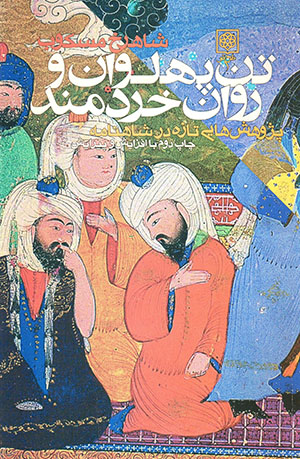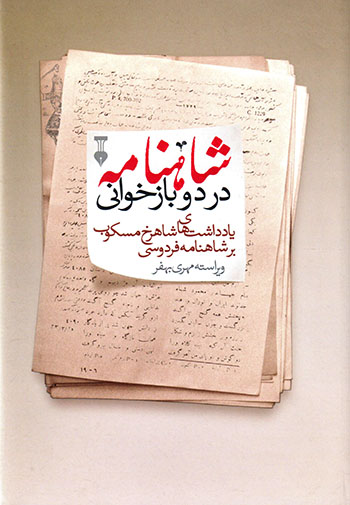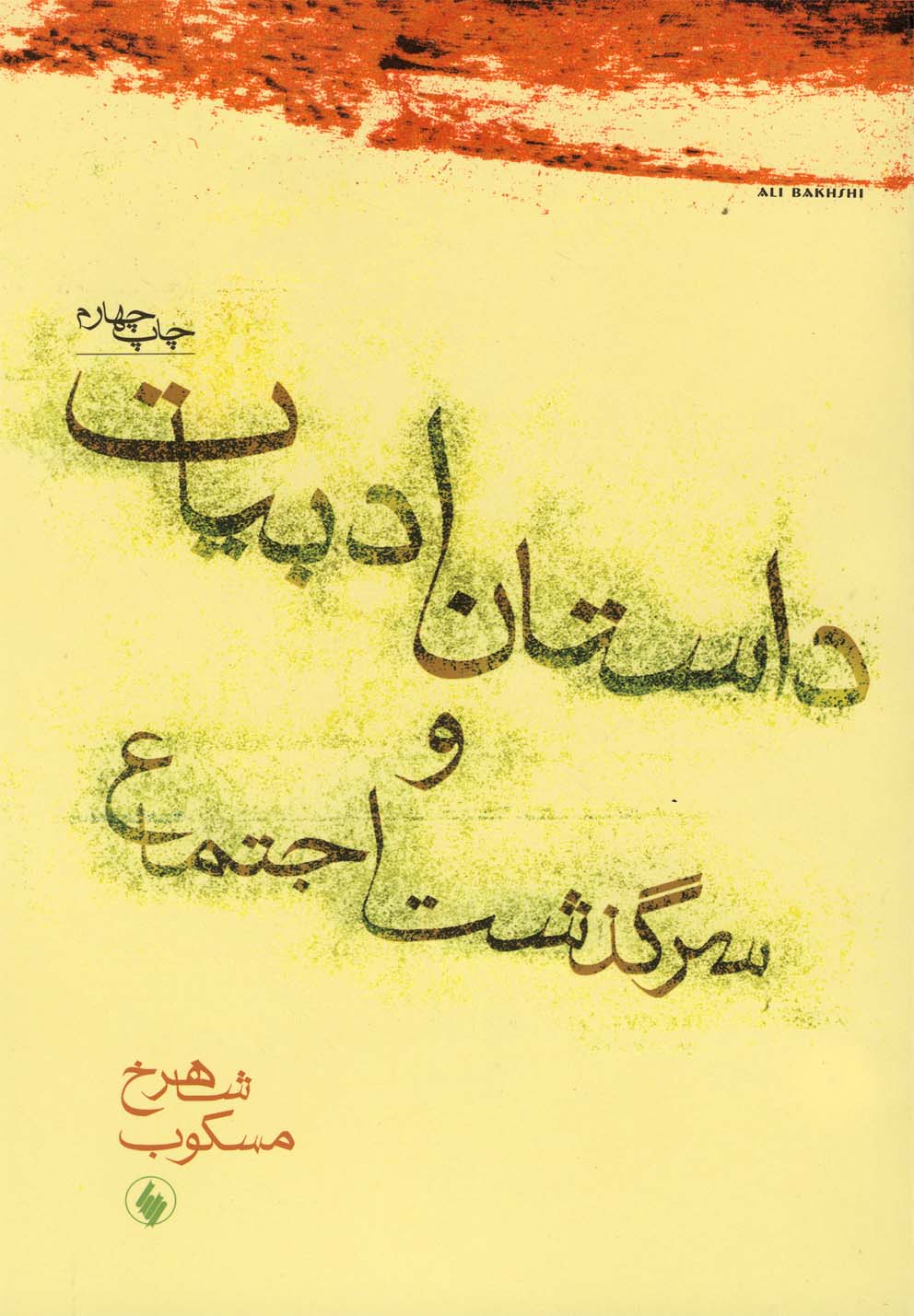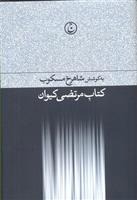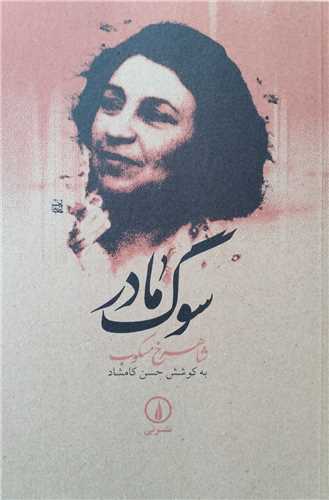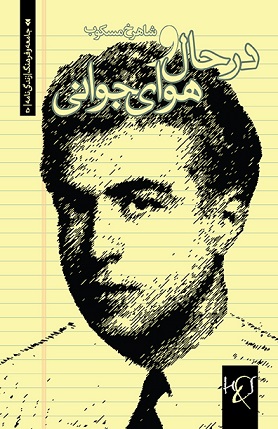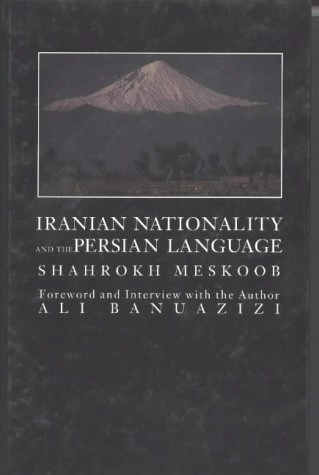Shāhrukh Miskūb
شاهرخ مسکوب
Shahrokh Meskoub (born 1923, Babol – died April 11, 2005, Paris) was a prominent Iranian writer, translator, scholar, and intellectual whose works blended literature, history, and philosophy to explore Iranian identity and culture. He studied law at the University of Tehran and was imprisoned in the 1950s for his political activism. Meskoub’s humanistic and analytical approach led to profound reinterpretations of the Shahnameh and Persian literary heritage. His major works include Introduction to Rostam and Esfandiar, The Story of Rostam and Esfandiar, In the Alley of the Friend, Days on the Road, Nation and Language, Journey in Sleep, and Introduction to Hafez. He also translated works by Albert Camus and Jean-Paul Sartre. Meskoub’s writing style is reflective, poetic, and philosophical, and his legacy remains influential in Iranian intellectual circles.
شاهرخ مسکوب (زادهٔ 1302، بابل – درگذشتهٔ 23 فروردین 1384، پاریس) نویسنده، مترجم، پژوهشگر و روشنفکر برجستهٔ ایرانی بود که با تلفیق ادبیات، تاریخ و فلسفه، آثار ماندگاری در حوزهٔ فرهنگ ایرانی برجای گذاشت. او تحصیلات خود را در رشتهٔ حقوق در دانشگاه تهران به پایان رساند و بهدلیل فعالیتهای سیاسیاش در دههٔ 1330 مدتی زندانی شد. مسکوب با نگاهی انسانگرایانه و تحلیلی، به بازخوانی شاهنامه و مفاهیم هویت ایرانی پرداخت. از آثار مهم او میتوان به مقدمهای بر رستم و اسفندیار، داستان رستم و اسفندیار، در کوی دوست، روزها در راه، ملیت و زبان، سفر در خواب و مقدمهای بر حافظ اشاره کرد. او همچنین مترجم آثار نویسندگانی چون آلبر کامو و ژان-پل سارتر بود. سبک نگارش مسکوب، تأملبرانگیز، شاعرانه و فلسفی است و آثارش همچنان در فضای روشنفکری ایران خوانده میشوند.


